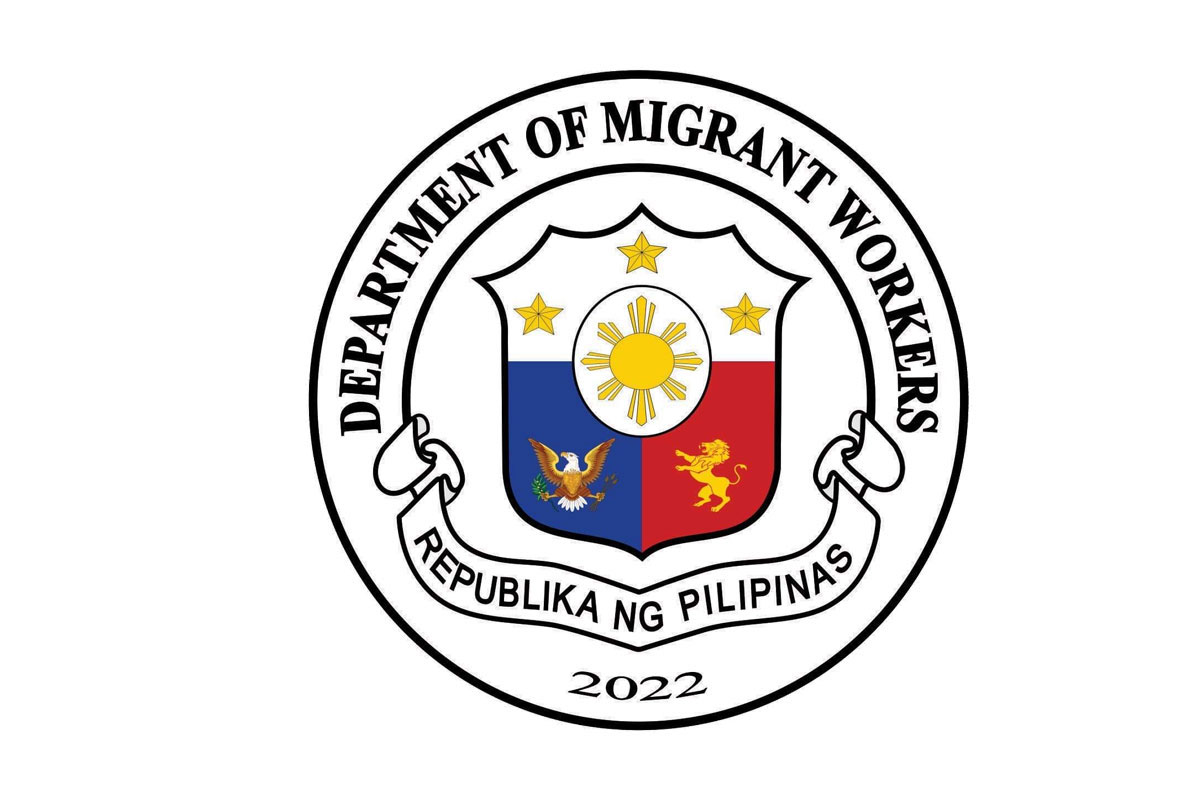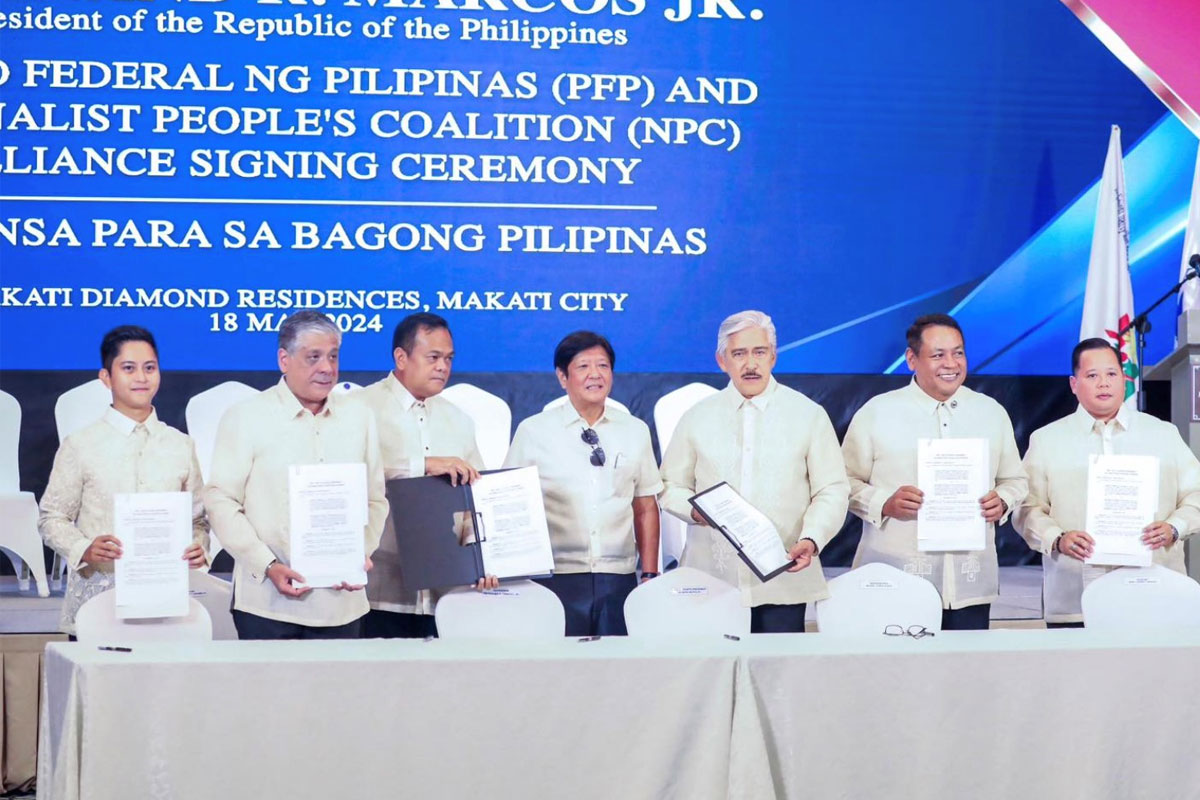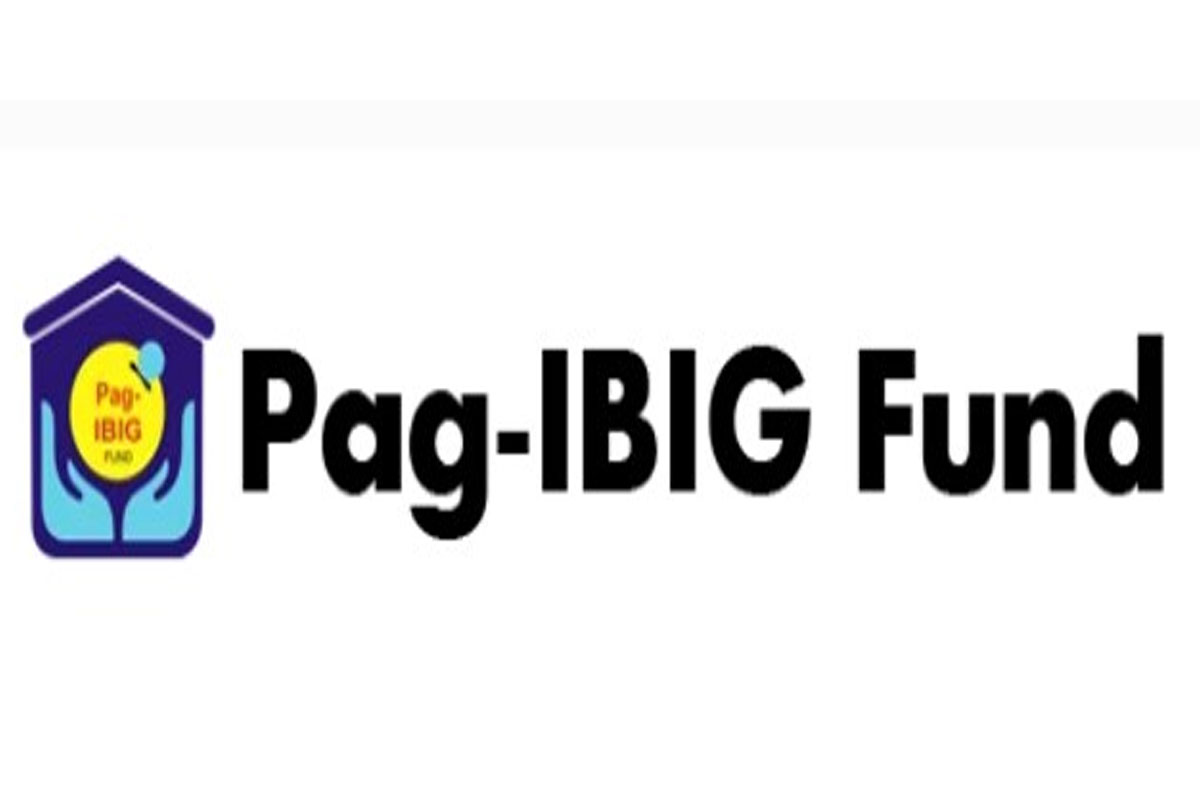
Gains of declaration of PH 8th wetland of int’l importance cited
THE campaign of the Department of Environment and Natural Resources in the preservation and conservation of the protected areas and wetlands across the country will be further boosted with the declaration of the country’s 8th wetland of international importance or Ramsar Site.
DENR Secretary Roy Cimatu said the designation of Sasmuan Pampanga Coastal Wetlands as Wetlands of International Importance in February 2021 serves as “landmark accomplishment that will become DENR’s motivation to further preserve and conserve protected areas and wetlands across the country.”
“This historical declaration is our inspiration to promote the protection of wetlands and other protected areas to be internationally known by renowned organizations so that we can bolster current endeavors to conserve these water bodies,” Cimatu said.
He noted that the growing awareness for the protection of ecotourism sites was “amplified by the passage of Republic Act 11038 or the Expanded National Integrated Protected Area Systems Act in 2018.”
He stated that this promotes participation among organizations for the continuous preservation and conservation of ecotourism sites nationwide.
Cimatu also cited the ongoing partnership and collaboration between the DENR-Biodiversity Management Bureau(BMB) and telecommunications company PLDT-Smart for the protection of the Caimpugan and other peatlands of the Agusan Marsh Wildlife Sanctuary as an example of this initiative.
He further disclosed that the DENR-BMB, apart from international recognitions and successful public-private partnerships, was also able to harness the necessary resources to implement their goals more efficiently, including technology and the social media.
“We are witnessing the evolution of how the DENR was able to put into use modern technology in the middle of an ongoing public health crisis. BMB made this very apparent to its target audiences,” Cimatu said.
In addition, the DENR, through the BMB, has approved five new technical bulletins which include the Standards in the Production and Layout of Cave Maps, Protocols on the Use of Caves as Practicum Sites for Cave-Related Trainings, Guidelines on the Use of the Integrated Protected Area Fund, Guidelines on Urban Biodiversity Management Planning Process, and the Guide in the Formulation of the Local Biodiversity Strategy and Action Plan.
Among these, the Guidelines on the Use of the Integrated Protected Area Fund will provide for the sustainable financing of protected areas pursuant to Republic Act 11038, aiding the Bureau toward its goal of sustainably managing ecotourism sites.
Meanwhile, the Guidelines on Urban Biodiversity Management Planning Process is aimed to provide a standard for the formulation of the urban biodiversity management plan.
In terms of promoting the Urban Biodiversity Program, which aims to conserve biodiversity and develop and maintain green spaces within the cities to provide ecosystem services to Filipinos, institutional mechanisms were warranted toward bringing nature closer to urban dwellers affected by the impacts of the economic downturn and travel restrictions.
Moreover, DENR-BMB Director Datu Tungko M. Saikol said that despite the shortcomings brought about by the pandemic, the role of biodiversity conservation was actually highlighted.
“The importance of strict enforcement of legal and safe wildlife trade, wildlife protection and conservation as well as forests, wetlands, caves, and marine ecosystems protection and conservation, were emphasized in order to achieve and sustain ecological balance—an effort to cope with the impacts of the pandemic and reduce the risks of zoonotic diseases in the future,” Saikol said.
DENR-BMB together with its technical divisions, has evaluated and provided recommendations on 212 policies, and commented on 36 proposals. Monitoring activities of 197 illegal online wildlife traders were also conducted which further led to a total of five environmental law enforcement operations.
Similarly, monitoring of approximately 200 reports on threatened species like marine turtles and dugongs, flying foxes, Philippine eagles, and other raptors, among others, were spearheaded.
“During the pandemic, we sought the comfort of nature to alleviate our boredom and weariness. The BMB took this opportunity to reinforce its program on Urban Biodiversity. As the pandemic time shortens, a return to a better new normal may not be far off, and we can make the waiting time count toward a stronger, greener recovery,” Saikol also added.





















